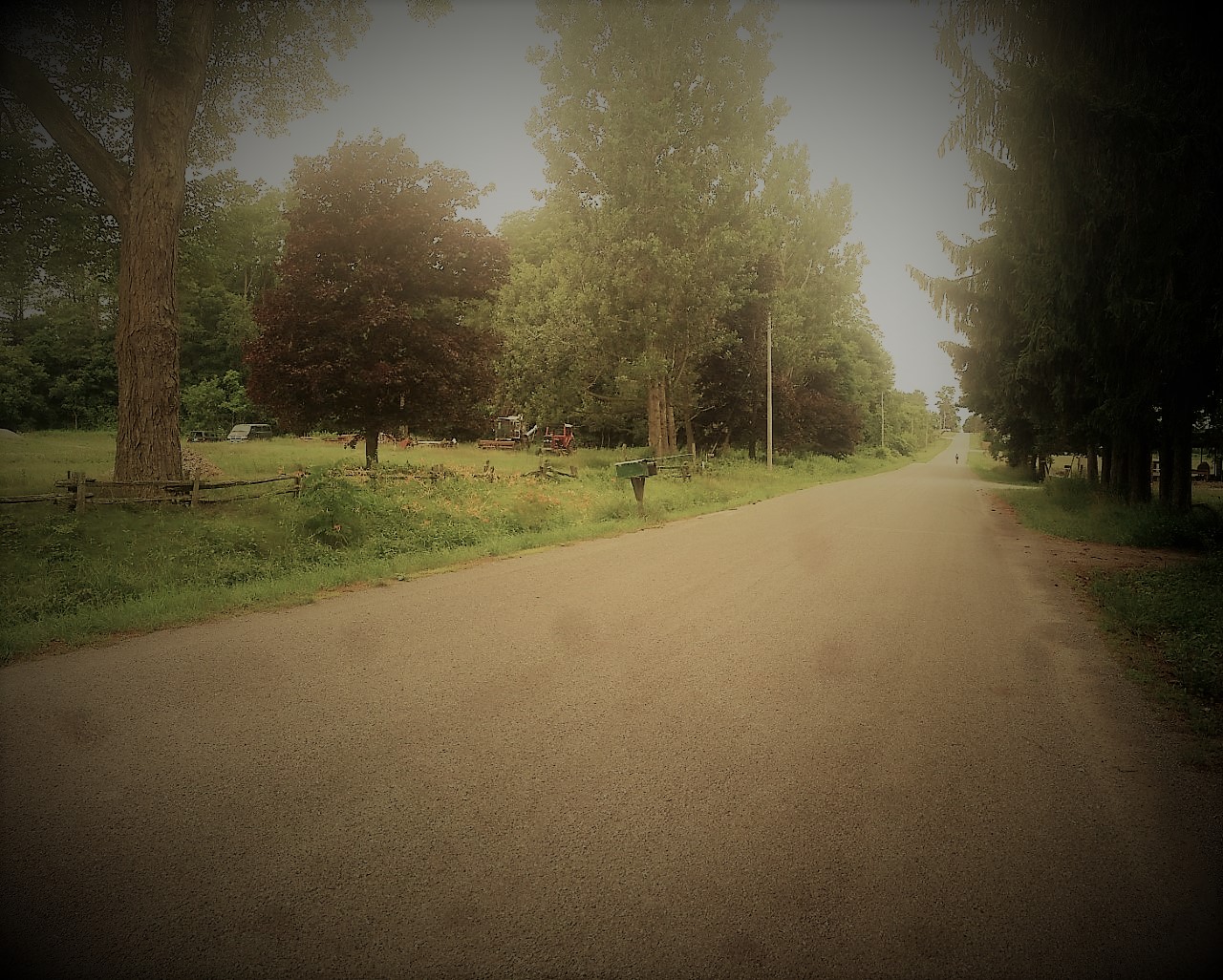

- Free-market, a casualty of the global corporate capitalism, and the tech-leveraging paradox🎙 Post no 3 – 4 august 2021 Might one not have to create a different economic world after Covid … which is not capitalist, whether right- or left-leaning … The world of the last decade has been spinning too fast. Most economic indicators, such as credit creation and debt liability, which have increased exponentially, have privileged financial assets and fostered an ever bigger global corporate capitalism subsuming both liberal as well as leftish economic practices. With the blessing and participation of the monetary authorities, the concentration of financial wealth in the hands of the few has given… Continue reading Free-market, a casualty of the global corporate capitalism, and the tech-leveraging paradox
- Today’s way of life: should it be taken for granted?🎙Post no 2 – 13 July 2021 The COVID-19 pandemic has disrupted profoundly the way of life worldwide. A cry for ‘return to normal’ is becoming a consistent recurrent plea for returning to daily activities, preoccupations, and behaviours as before, as if such conceived normality is immutable. The fear of change and the desire to connect, to be with family and friends, to be diverted are all understandable. The rush, however, now that the constraints imposed by the pandemic ease, to shopping centres, to driving and flying, the lifestyle fostered by the rise of mass consumption, mass tourism, and entertainment,… Continue reading Today’s way of life: should it be taken for granted?
- Post-COVID-19 growth recovery paths ahead🎙Post no 1 – 1 July 2021 There are basically two opposing paths of development ahead: – either persist in applying the same economic policies that gave arise to accelerated corporate capital accumulation, thus furthering its speed with a likelihood of fuelling more strain on resources, greater disparities in income and opportunities, albeit with the benefits and the wonders of technology – or opt for bold institutional changes, which would put a break on current capital accumulation and redirect the course of the economy into a different path of sustainable growth, albeit with some reduction in the modern conveniences of… Continue reading Post-COVID-19 growth recovery paths ahead

